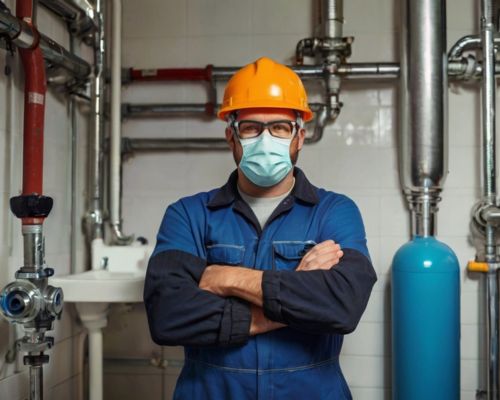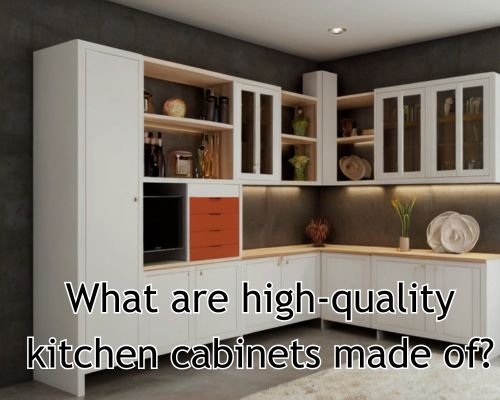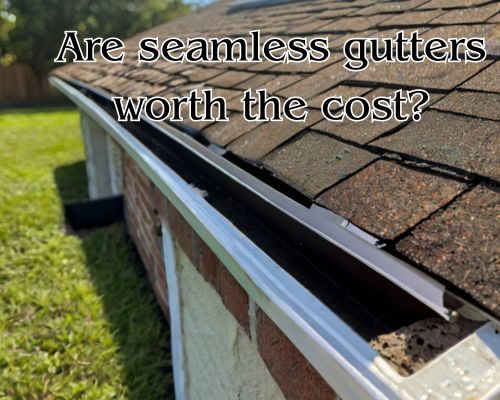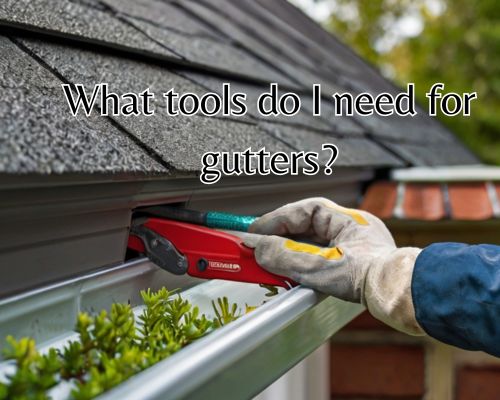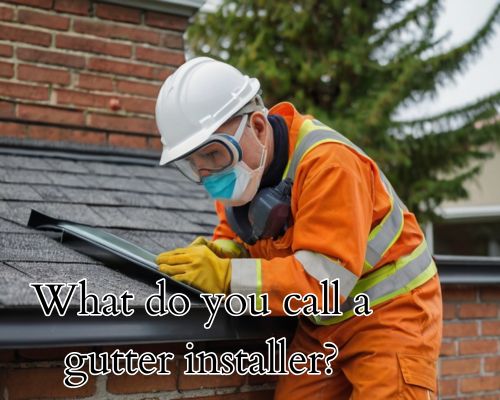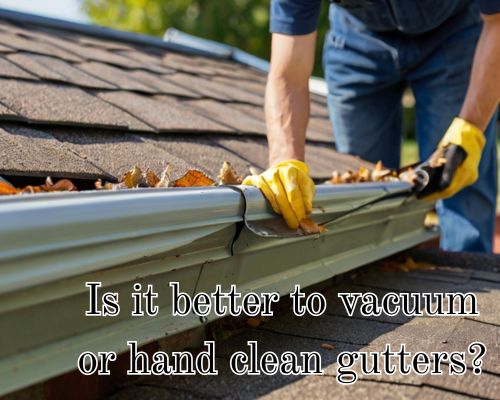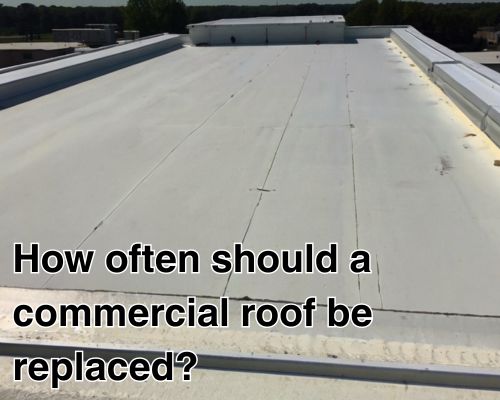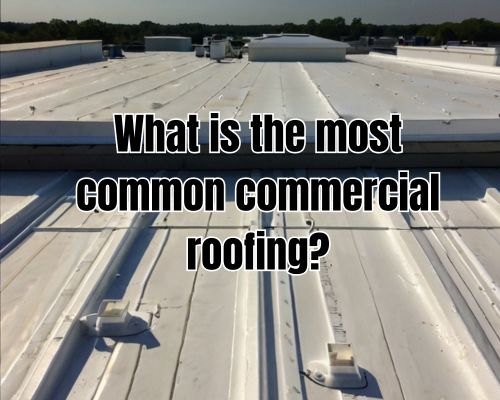What’s the Easiest Type of Plumbing? A Practical Guide for Homeowners in Warragul, Australia
What’s the Easiest Type of Plumbing? A Practical Guide for Homeowners in Warragul, Australia
If you’ve ever stared at a leaking tap or heard a suspicious gurgle in your drainpipes, you’ve probably wondered: What’s the easiest type of plumbing? This question comes up often for DIY enthusiasts, aspiring apprentices, or Warragul homeowners just looking to save on simple plumbing costs.

With Dean Owens of Plumber Warragul, we’ll explore this question in depth—tailoring insights to the specific context of Warragul, Victoria. We’ll consider relevant local regulations, water supply networks, common property types, and more. Whether you’re a curious homeowner, a student at Federation University nearby, or someone considering plumbing as a trade, this breakdown will provide real insight—and practical advice.
Understanding Plumbing in Warragul: A Local Perspective
Warragul, located in the picturesque Gippsland region of Victoria, has a mix of heritage homes and new developments. The variety of plumbing infrastructure across different neighbourhoods like Drouin, Lillico, and Brandy Creek creates an interesting spread of plumbing needs—from simple maintenance to full pipe replacements.
Local plumbing services must comply with Victorian Building Authority (VBA) codes and AS/NZS 3500 standards, which ensure water efficiency and safety. That said, not all plumbing tasks are created equal. Some are complex and best left to licensed plumbers; others can be handled more easily.
So, What’s the Easiest Type of Plumbing?
The easiest type of plumbing, especially from a DIY or beginner-level perspective, is fixture installation and replacement—such as taps, showerheads, and aerators. This work requires minimal tools, doesn’t involve altering pipe networks, and is generally low-risk if done correctly.
Here’s why this type of plumbing tops the list:
1. Minimal Tools Required
Most fixture-related tasks need only basic tools—an adjustable wrench, plumber’s tape (Teflon tape), and sometimes a screwdriver. You won’t be dealing with soldering copper pipes or threading galvanized steel.
2. Low Risk of Water Damage
Unlike working with hidden pipes or sewer lines, replacing a kitchen tap or installing a hand-held shower unit carries low risk—especially if the water supply is shut off properly.
3. Beginner-Friendly Learning Curve
Online tutorials, manufacturer instructions, and local workshops make fixture installation highly accessible. It’s often the starting point for plumbing apprentices in training.
4. Legally Permissible for DIY in Victoria
According to the VBA, homeowners in Victoria can undertake some minor plumbing works themselves, provided they do not connect to drinking water, sewerage, or gas systems. Fixture swaps usually fall within this scope, especially when done above ground and without altering water pressure zones.
Common Easy Plumbing Tasks in Warragul Homes
Let’s highlight a few “easy” plumbing jobs locals in Warragul often encounter:
✅ Tap Replacement
Whether you live in a newer estate near Sutton Street or a classic post-war home near Queen Street, worn-out taps are a common issue. Replacing a tap is often as simple as disconnecting the supply, unscrewing the old unit, and sealing the new one in place.
✅ Showerhead Installation
Warragul’s water supply, sourced via Gippsland Water, maintains good pressure in most areas, making it ideal for efficient showerhead swaps. Upgrading to a water-saving WELS-rated showerhead can even reduce your bills.
✅ Installing Dishwasher Connectors
If you’re adding a dishwasher to your Warragul kitchen, connecting the outlet hose to the waste pipe is a relatively simple task. Most dishwashers come with clear instructions and require only minor plumbing tweaks.
✅ Fixing Leaky Fixtures
Dripping taps or loose pipe joints under your sink? Often, this involves tightening nuts or replacing washers—easy repairs that most homeowners can master with a bit of guidance.
Local Considerations: Why It Matters in Warragul
Plumbing isn’t just about pipes and tools—context matters. In Warragul, you’ll need to consider:
🔹 Water Pressure Variance
Warragul’s older homes may have dated infrastructure, which can affect water pressure. When installing new fixtures, opt for pressure-compensating designs to avoid burst pipes or weak flow.
🔹 Hard Water Impact
Some areas in Victoria experience mineral-heavy water, which can lead to lime buildup in taps and showerheads. Regular descaling or choosing anti-lime designs is smart preventive maintenance.
🔹 Council Regulations
The Baw Baw Shire Council mandates compliance for major plumbing upgrades. If you’re unsure whether a task is DIY-eligible, consult a licensed plumber especially from Plumber Warragul or check with the local council.
Easy Plumbing ≠ No Knowledge Required
Even simple tasks benefit from a little education. Here are essential plumbing concepts every Warragul resident should know:
- Water Supply Line vs. Drainage Line – Know what you’re connecting to before you start.
- Backflow Prevention – Critical in avoiding contamination in Warragul’s shared water networks.
- WELS Ratings – These efficiency labels are regulated in Australia to help you choose eco-friendly fixtures.
When to Call a Licensed Plumber in Warragul
If a task involves altering water supply pipes, modifying drainage, or installing new systems, it legally requires a licensed practitioner. The VBA has strict rules, and non-compliance can lead to fines—or worse, insurance voidance.
Common complex tasks include:
- Hot water system installation
- Sewer connection upgrades
- Gas fitting and repairs
- Pipe rerouting
Warragul has many reliable plumbing services like Warragul Plumbing Solutions, Gippsland Drainage, and others who know the local infrastructure and can ensure compliance.
Tips for DIY Plumbing in Warragul
💧 Shut Off the Mains – Always turn off your water before working. Warragul homes usually have accessible mains outside the property line.
🔧 Use Quality Fixtures – Cheap materials corrode faster, especially in areas with mineral-heavy water.
📜 Keep Receipts and Warranties – Some manufacturers require proof for service claims, and keeping your purchase documents could save you later.
🧰 Have a Basic Plumbing Toolkit – A wrench, tape, pliers, and gloves go a long way.
Final Thoughts: The Best “Easy” Plumbing Is the Smart Kind
So, what’s the easiest type of plumbing? In Warragul and beyond, it’s the kind that’s low-risk, highly instructional, and legally permitted—like replacing taps, installing water-efficient fixtures, or minor leak fixes.
But “easy” doesn’t mean “careless.” A simple job done with precision and planning can boost your home’s efficiency and value. Whether you’re in West Gippsland’s rolling hills or closer to the town centre, equipping yourself with practical plumbing knowledge is one of the best investments you can make as a homeowner.
For everything else? Call a local licensed professional.


